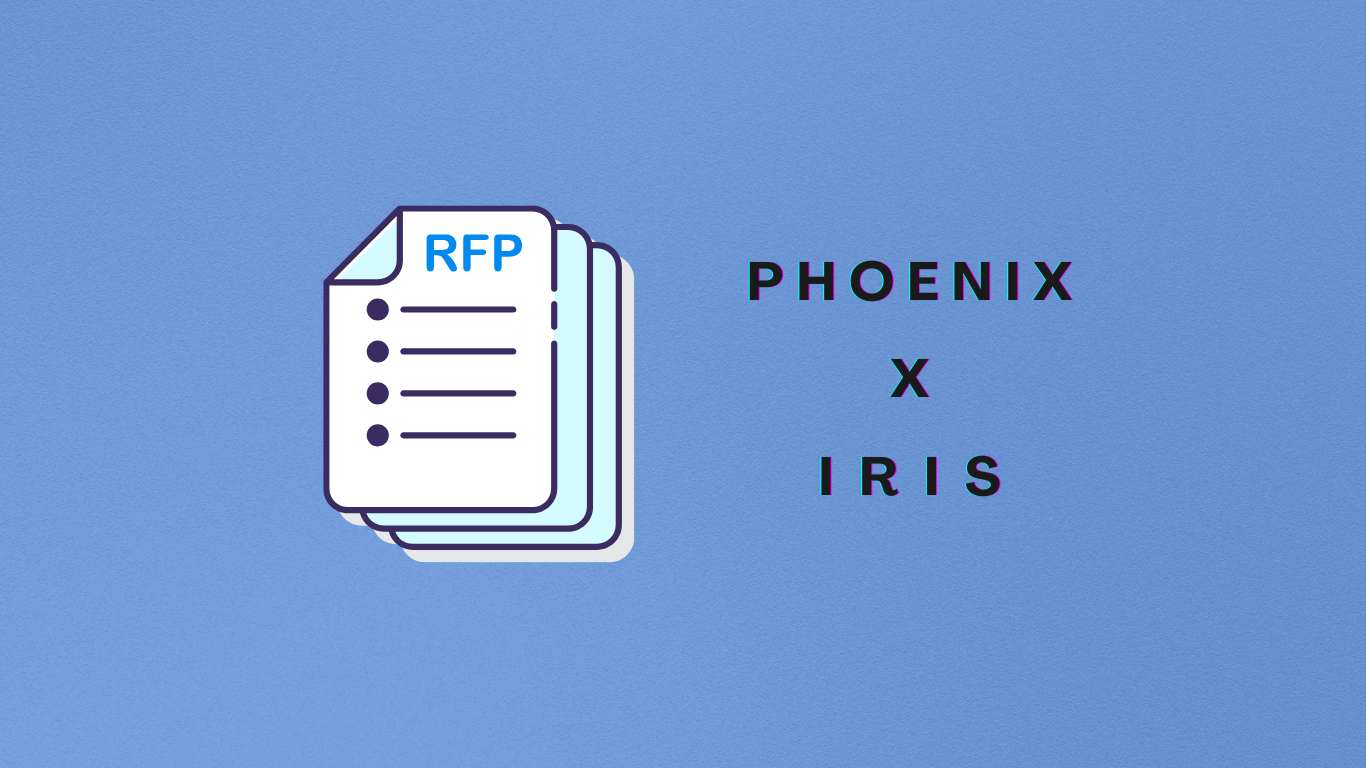In today's competitive business environment, responding to Requests for Proposals (RFPs) efficiently is crucial for securing new opportunities. Two widely adopted RFP software solutions, Loopio and Responsive, have been industry standards for years. However, as businesses seek more advanced automation, seamless collaboration, and intelligent content management, it's clear that traditional tools are falling short. This article compares these legacy solutions and introduces Iris, a next-generation RFP software designed to streamline and enhance the proposal process.
User Experience and Interface
Loopio features a minimalist design that is easy to navigate but can lack efficiency for experienced users managing complex proposals. Responsive offers a professional interface with collaborative dashboards, though navigating extensive projects can become cumbersome as complexity increases. Both platforms provide functional interfaces but rely on traditional UI structures that may limit adaptability for teams handling multiple RFPs simultaneously.
Automation and AI Integration
Loopio provides automation tools for retrieving answers from Q&A libraries but relies on keyword-based search, which can slow efficiency for nuanced queries. Responsive offers AI-generated responses, but these often require significant manual refinement, reducing overall workflow speed. Neither platform fully leverages advanced AI for first-draft generation, leaving room for improvement in automation capabilities.
Content Library Management
Both Loopio and Responsive rely heavily on static Q&A libraries. Loopio allows teams to store and reuse standard answers, but as repositories grow, maintaining and retrieving relevant content can become challenging. Responsive offers structured content storage, but users have found it difficult to keep content updated and relevant. This reliance on static content leads to inefficiencies when managing dynamic and evolving proposal needs.
Collaboration and Workflow Efficiency
Loopio simplifies collaboration with task assignments and progress tracking, though its workflow templates offer limited customization. Responsive enhances teamwork with threaded comments and task assignments but has a permissions system that can be overly complicated for smaller teams. While both tools facilitate teamwork, they could benefit from more adaptive workflows tailored to different organizational structures.
Why Iris is the Future of RFP Automation
While Loopio and Responsive have served as foundational tools in RFP management, the evolving landscape of proposal development demands a more intelligent and efficient solution. Iris takes RFP automation to the next level by integrating AI-driven content generation, real-time collaboration, and adaptive content libraries that stay updated without manual intervention. With a user-friendly interface, smarter automation, and streamlined workflows, Iris enables teams to respond faster and more accurately, securing more wins with less effort.
For organizations seeking a future-proof RFP solution, Iris delivers the next level of efficiency and intelligence that legacy tools simply can't match.



